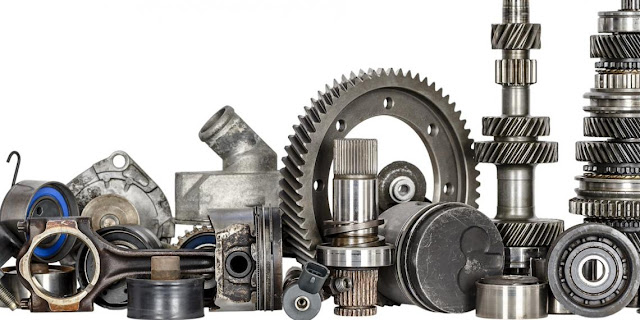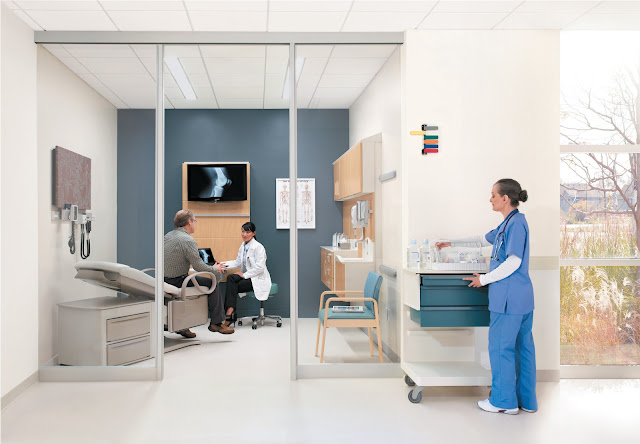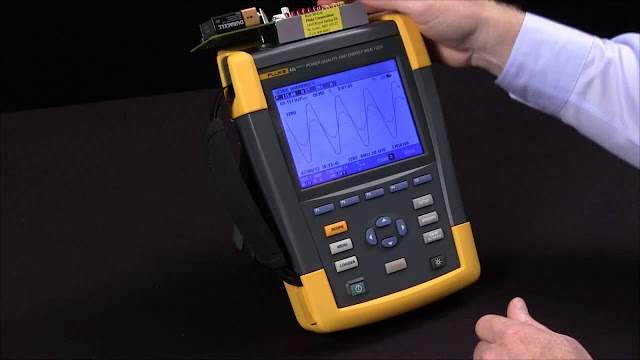Automotive Parts Remanufacturing Market Is Estimated To Witness High Growth Owing To Rising Demand for Remanufactured Auto Parts
Automotive Parts Remanufacturing Market
The global Automotive Parts Remanufacturing Market is estimated to be valued at US$ 60.8 billion in 2022 and is expected to exhibit a CAGR of 8.7% over the forecast period from 2023 to 2030, as highlighted in a new report published by Coherent Market Insights.
Market Overview:
The Automotive Parts Remanufacturing Market involves the remanufacturing
process of used auto parts. Remanufactured auto parts are those that have been
restored to their original condition and performance levels. These parts are
thoroughly tested and repaired, making them a cost-effective alternative to new
auto parts.
The need for remanufactured auto parts arises due to their various advantages
over new auto parts. Remanufactured parts are more affordable, as they are
priced lower compared to new parts. They also contribute to environmental
sustainability by reducing waste and recycling used parts. Remanufactured auto
parts also offer similar performance and reliability as new parts, making them
a viable choice for consumers.
Market Key Trends:
The key trend driving the growth of the Automotive Parts Remanufacturing Market
is the rising demand for remanufactured auto parts. With the increasing cost of
new auto parts, consumers are turning towards affordable alternatives like
remanufactured parts. Remanufactured auto parts offer significant cost savings
without compromising on quality. This trend is expected to boost the growth of
the market during the forecast period.
Furthermore, the focus on environmental sustainability is also propelling the
demand for remanufactured auto parts. The remanufacturing process reduces the
need for raw materials and energy, resulting in reduced carbon emissions and
waste generation. This aligns with the increasing global emphasis on reducing
environmental impact.
PEST Analysis
Political: The political factors influencing the Automotive Parts
Remanufacturing Market include government regulations and policies regarding
environmental sustainability and emissions control. Governments across the
globe are implementing stringent regulations to reduce carbon emissions and
promote the adoption of remanufactured automotive parts. This creates
opportunities for market growth as remanufactured parts are considered more
environmentally friendly than new parts.
Economic: The economic factors contributing to the growth of the Automotive
Parts Remanufacturing Market include increasing vehicle ownership, rising
demand for cost-effective alternatives, and the growing aftermarket industry.
Remanufactured parts offer significant cost savings compared to new parts,
making them attractive to price-conscious consumers. Moreover, the expanding
fleet of vehicles worldwide creates a steady demand for automotive parts and
presents opportunities for the remanufacturing market.
Social: The social factors influencing the market include changing consumer
attitudes towards sustainability and the desire to reduce waste. Remanufactured
parts align with the growing preference for eco-friendly alternatives and
contribute to the circular economy by extending the lifespan of automotive
components. Additionally, the availability of remanufactured parts allows
consumers to maintain their vehicles at lower costs, supporting affordability
and accessibility.
Technological: The technological factors impacting the market include
advancements in remanufacturing processes, such as advanced cleaning
techniques, material handling, and precision machining. These technologies
improve the quality and durability of remanufactured parts, making them
comparable to new parts in terms of performance and reliability. Furthermore,
digitalization and the adoption of artificial intelligence can streamline
inventory management, logistics, and customer support, enhancing the overall
efficiency of the remanufacturing process.
Key Takeaways
The global Automotive Parts Remanufacturing Market
is expected to witness significant growth, exhibiting a CAGR of 8.7% over the
forecast period from 2023 to 2030. This growth can be attributed to several
factors. Firstly, the increasing emphasis on environmental sustainability and
decreasing carbon emissions drives the demand for remanufactured automotive
parts. Secondly, the rising vehicle ownership and the growing aftermarket
industry contribute to the demand for cost-effective alternatives like
remanufactured parts.
In terms of regional analysis, North America is anticipated to be the
fastest-growing and dominating region in the Automotive Parts Remanufacturing
Market. The region has a well-established automotive industry and strict
emission regulations, which create a favorable environment for the growth of
remanufacturing. Additionally, the presence of major remanufacturing companies
and technological advancements in the region further support market growth.
Key players operating in the Automotive Parts Remanufacturing Market include
Valeo SA, ZF TRW, Carwood Group, Robert Bosch GmbH, Meritor Inc., Monark
Automotive GmbH, Budweg Caliper A/S, Genuine Parts Company, ATC Drivetrain
Inc., Maval Manufacturing Inc., Teamec BVBA, Motorcar Parts of America, Inc.,
and Jasper Engines and Transmissions. These key players play a crucial role in
driving market growth through continuous innovation
Read More : https://www.newswirestats.com/automotive-parts-remanufacturing-market-outlook-and-market-dynamics/




Comments
Post a Comment